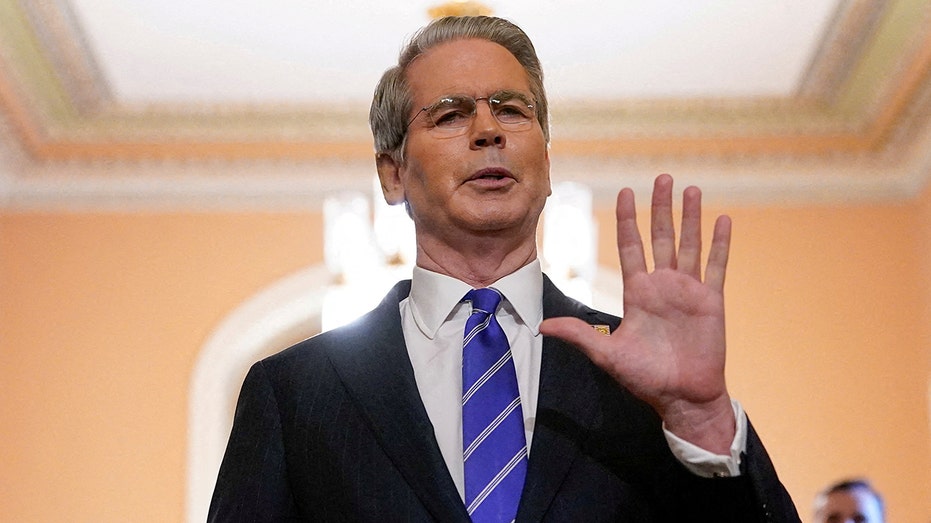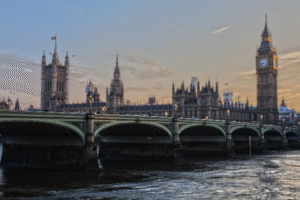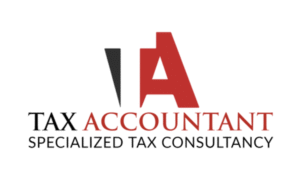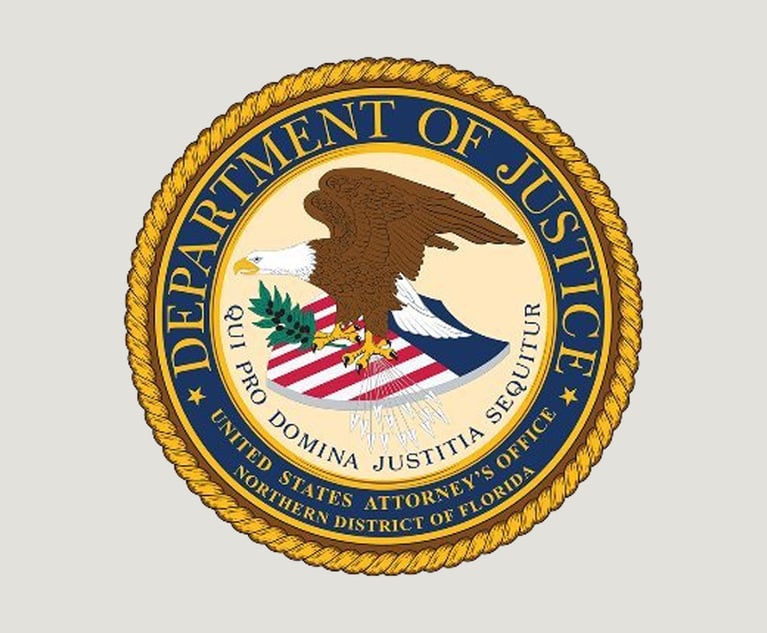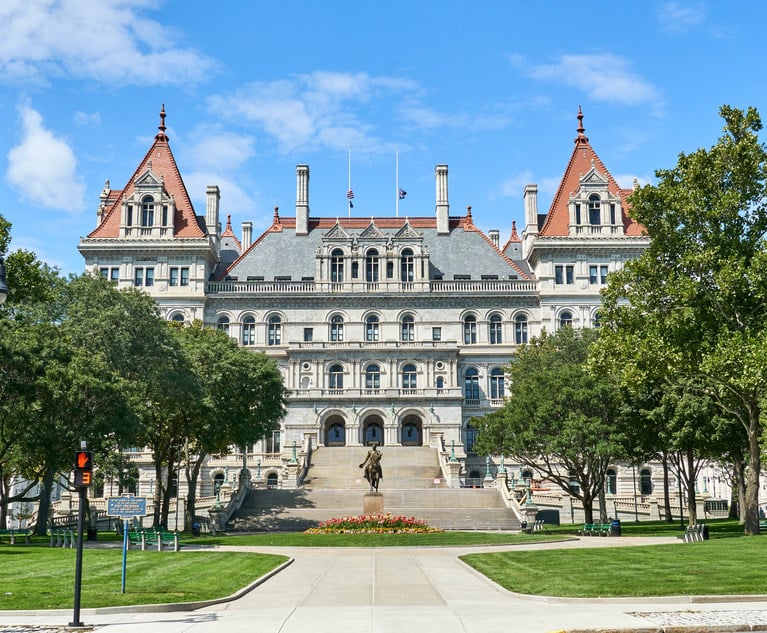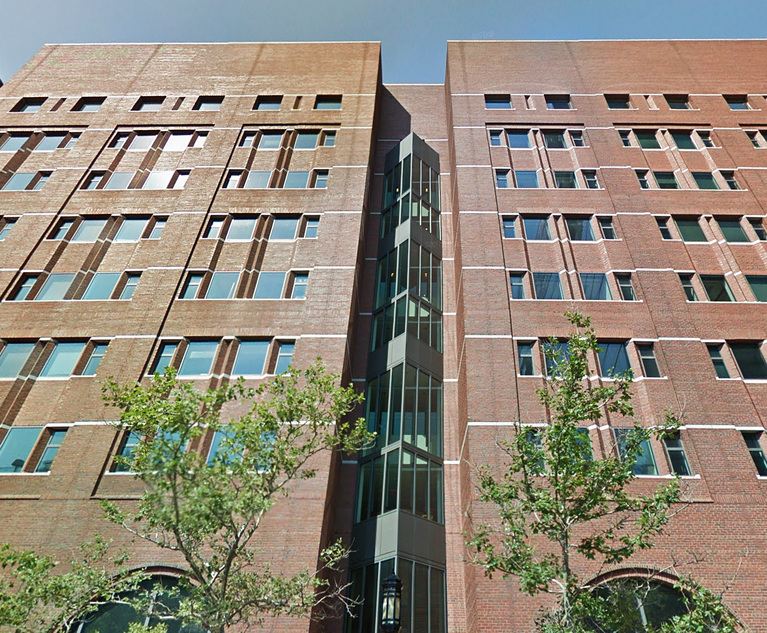A New Jersey appeals court ruled that a dispute over incentive payments for bulk sales of personal protection equipment during the COVID-19 pandemic is not subject to state statutes providing for fee shifting and 200% liquidated damages.
The appeals court rejected claims by an employee who sold $32 million worth of protective equipment from China to New York that her commissions fall under the state’s Wage Payment Law.
Citing emails issued by the company in 2020, the appeals court ruled that commissions earned by the employee on protective equipment are categorized as supplementary incentives and are not wages.
Unpublished rulings have come out on both sides of the question of whether sales commissions count as wages, but the latest ruling is the first published decision to address the issue, the appeals court said.
After Bergen County Superior Court Judge Mary Thurber ruled in 2023 that past-due commission payments are not covered by the WPL, the Appellate Division declined to take up the issue.
The Supreme Court then granted leave to appeal and sent the case back to the Appellate Division for a ruling on whether the commission structure falls under the WPL.
The case involved Suuchi Inc., based in North Bergen, New Jersey, that sold software to apparel manufacturers.
But in March 2020, when COVID-19 arrived, the company began selling face masks. Plaintiff Rosalyn Musker was a sales representative who earned an $80,000 salary plus commissions based on gross revenue from software platforms, and she contended she should be paid based on gross sales of protective equipment. Suuchi said Musker would be paid based on net sales.
Musker began negotiating with a New York contact on March 22, 2020, and the next day, the company announced its terms for commissions on protective equipment.
The company paid Musker a $100,000 advance on commissions, but she and the company disagreed about how to compute her commission on the New York sale.
Musker maintained that under the commission structure in place in January 2020, she was entitled to $1.3 million in commissions for the sales to New York, but she asserted that the company’s revised commission structure stood to deprive her of more than $1 million, the appeals court said.
At the Appellate Division, Musker appealed Thurber’s grant of summary judgment to Suuchi.
Judges Jack Sabatino, Hani Mawla and Joseph Marczyk agreed with Thurber that the payment promised to Musker was a “supplemental incentive.”
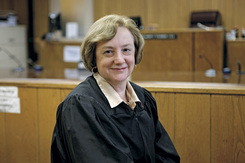 Bergen County Superior Court Judge Mary Thurber. Courtesy photo
Bergen County Superior Court Judge Mary Thurber. Courtesy photoSabatino, writing for the panel, said the Wage Payment Act should be construed liberally to effectuate its remedial purpose, including provisions under the Wage Theft Act of 2019.
That measure amends the WPA to allow an employee to recover the full amount of any wages due, plus liquidated damages of 200% of the wages due, and reasonable attorney fees and costs, the appeals court said.
But even when applying a liberal construction of the statute, the panel said commissions that the company offered on protective equipment sales in emails sent by Chief Executive Officer Suuchi Ramesh and Chief Financial Officer Mark Herman in March 2020 were “supplementary incentives,” as distinct from commissions, Sabatino wrote.
Under the emails sent to Musker in 2020, “the company elected to alter its compensation structure for the specific and impromptu purposes of promoting sales of PPE.” Those emails announced that the company would be “recording the [PPE] deals on a net basis as opposed to [a] gross [basis], which we have done historically on our [Platform as a Service] deals,” Sabatino wrote for the court.
“Like the Wage Payment Law, the company’s compensation policies and its March 2020 initiative addressing PPE sales are not a model of clarity. Indeed, internal documents between company officials reflect concern about whether their communications to the sales force about the PPE program might be confusing,” Sabatino wrote.
“In any event, despite various uncertainties, the record as a whole generally supports the motion judge’s assessment that the company’s compensation policies applicable to PPE sales are more akin to ‘supplementary incentives’ sparked by the COVID-19 demand for PPEs, and less akin to regular wages and commissions,” Sabatino wrote.
Richard A. Grodeck of Piro Zinna Cifelli Paris & Genitempo in Nutley, New Jersey, representing Suuchi, said the case would likely return to the trial court for calculation of the commission owed based on the court’s ruling. The word “commission” was “a word that could be either under the circumstances, wages or supplemental incentive payments. And our argument was, since plaintiff here was getting her $80,000 salary, and what was put together in the heat of the moment, to address the demands of this brand-new industry they’re getting into, PPE, was one that was designed to incentivize,” Grodeck said.
The lawyer for Musker, Bruce Atkins of Deutsch Atkins & Kleinfeldt in Hackensack, did not return a call about the ruling. Nor did Alan Schorr of Schorr & Associates in Cherry Hill, who represented amicus curiae National Employment Lawyers Association-New Jersey.

